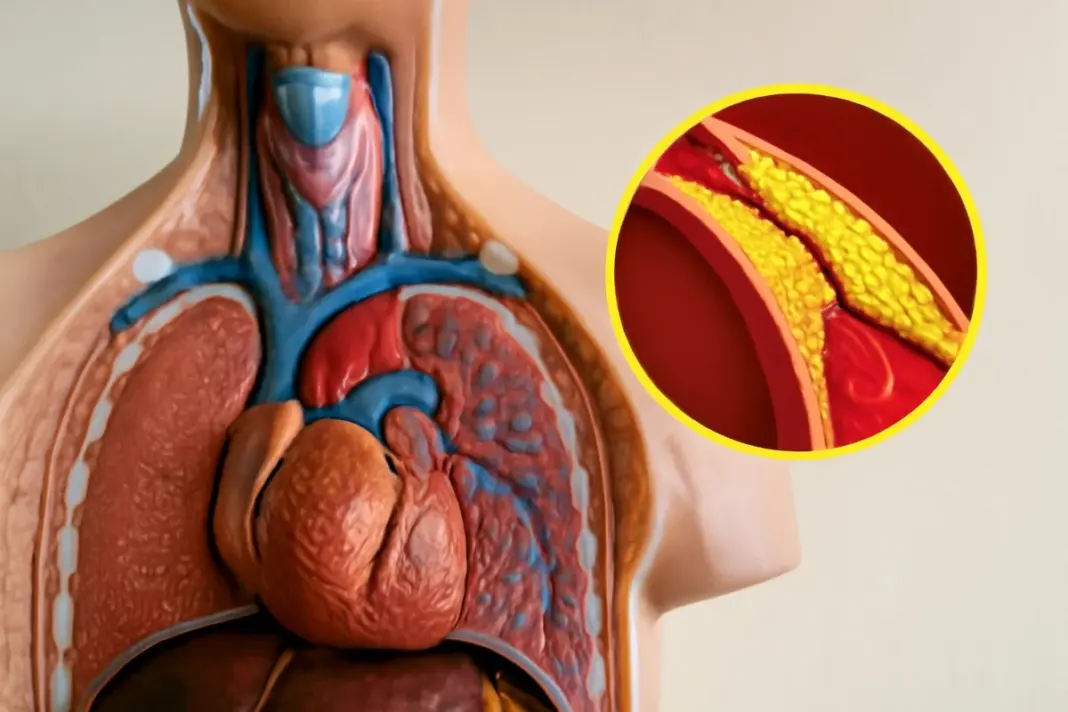A striking medical insight challenges what many believe about high cholesterol. Instead of being the culprit, it might be nature’s own rescue worker, rushing to repair damage.
Yet, decades of fear have shaped our view, and treatments often follow the numbers without asking why they’re high. This leads directly to a crucial question: have we been misunderstanding cholesterol’s role in heart health all along?
Why High Cholesterol Has Been Misunderstood For Decades?
High cholesterol myths debunked by Dr. Alok Chopra set the tone for this critical conversation. The expert stated, “It’s time to shift the narrative and look deeper. Your body needs cholesterol; the key is understanding how it works, not fearing it.”
He emphasised that panic rises when cholesterol numbers go above 190. The immediate reaction is statin prescriptions, but Dr Chopra asks, “What if lowering it blindly is not the answer?” Healthy cholesterol levels must be contextual, not feared impulsively.
Essential Roles Cholesterol Plays In Your Body
Healthy cholesterol levels do much more than maintain heart health. Cholesterol supports hormone balance, brain function, and cellular repair. The body itself produces 85% of cholesterol inside, making it a vital substance. It creates artery rigidity, aids inflammation recovery, and helps the brain stay sharp.
DON'T MISS
“Cholesterol performs ten major jobs,” shared the cardiologist. Understanding these essential roles helps debunk high cholesterol myths and protect against heart risk, paving the way for realistic heart health improvements across a lifetime.
Cholesterol Is Not Inherently Harmful, Experts Say
Experts continue to debunk cholesterol myths and clarify the link between cholesterol and heart disease. Dr. Chopra emphasized that cholesterol acts as a “responder” to vessel damage. When inflammation strikes, cholesterol doesn’t harm; it attempts repair, plugging the wounds much like a firefighter.
Chronic poor food choices and high stress keep inviting cholesterol to patch up again and again. Over time, buildup begins. The real focus is on reducing inflammation and nurturing healthy cholesterol levels for reliable heart risk management.
How do Lifestyle Choices Affect Heart Health More?
Heart risk grows not just from cholesterol levels but from food, stress, and habits. Poor nutrition triggers inflammation and makes arteries vulnerable. “Eating nonsense repeatedly is the root cause,” concludes Dr. Chopra. This cycle drives more cholesterol buildup.
The real heart disease link surfaces when harmful foods and stress keep triggering ongoing repairs. By focusing on vegetables, grains, and eating by the body clock, anyone can maintain healthy cholesterol levels naturally, keeping heart health at the forefront.
Rethinking Cholesterol Perception and Heart Health
Pharmaceutical interests have shaped much of the fear around the cholesterol heart disease link, often prioritizing profitable statin sales over addressing root causes like inflammation and poor lifestyle. Dr. Chopra urges looking beyond numbers, stressing cholesterol is a responder, not the villain.
Smart lifestyle changes, contextual decisions, and questioning long-term statin use can restore healthy cholesterol levels naturally. Debunking cholesterol myths allows people to protect their proper heart health and take control over their heart risk.
Understanding cholesterol’s real actions leads to stronger heart health, lower heart risk, and naturally healthy cholesterol levels. Choose lasting lifestyle habits and ask questions before long-term treatments.
Disclaimer: This content, including advice, provides general information only. It is not a substitute for a qualified medical opinion in any way. The methods and claims mentioned in this article should be considered as suggestions only; DNP India neither confirms nor denies them. Always consult a doctor before following any such suggestions/treatments/medications/diets.



